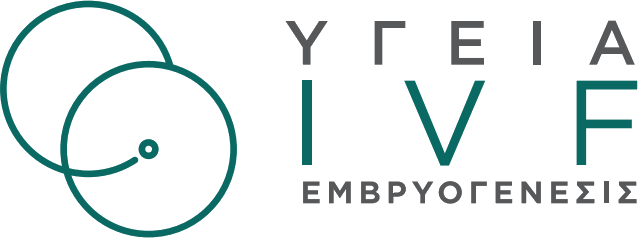Preimplantation Testing
Preimplantation Testing
The HYGEIA IVF Embryogenesis Unit has a successful preimplantation genetic testing (PGT) program, a procedure that aims to transfer only healthy embryos, free of hereditary defects or chromosomal abnormalities, in cases where there is an increased risk of such conditions. PGT is performed as part of an IVF cycle and the embryos are cultured to the blastocyst stage (usually), which is when their biopsy is performed. Using a special laser system, an opening is made in the fetal area where a few cells are taken from, which are then sent for testing. According to the newly established terminology, PGT is divided into:
Your desire to offer generously the love you hold inside you is also our desire.
![]()

• PGT-M (preimplantation genetic testing for monogenic/single-gene defects):
The PGT-M method allows the detection of specific genetic mutations that are responsible for the occurrence of known, congenital and hereditary defects. It is performed in cases where the prospective parents are carriers of mutations related to genetic defects. The embryos are tested for the presence of these mutations before implantation, to ensure that children do not inherit their parents’ genetic defect.
Examples of diseases where PGT-M is applied are alpha and beta thalassemia, cystic fibrosis, etc. With the continuous advancement of genetics, it is possible to identify most of the genes responsible for rarer hereditary defects. Note that PGT-M looks for specific defects and does not rule out the birth of a child with another form of genetic defect.
The method was formerly known as PGD (preimplantation genetic diagnosis).
• PGT- A (preimplantation genetic testing for structural rearrangements)
The goal of PGT-A is to identify embryos with numerical chromosomal abnormalities (aneuploidy). It aims to reject chromosomally abnormal embryos and to transfer only chromosomally perfect ones. It is known that 40 to 60% of embryos have aneuploidy, while this percentage is even higher for women over 40 years. The main indications for PGT-A use include women at an advanced age, recurrent implantation failures and recurrent miscarriages.
The method was formerly known as PGS (preimplantation genetic screening).
• PGT-SR (preimplantation genetic testing for structural rearrangements)
The PGT-SR method identifies structural abnormalities of chromosomes, such as deletion, inversion or translocation. People who carry such structural chromosomal abnormalities run an increased risk of producing embryos with the wrong (unbalanced) amount of genetic material, which usually do not lead to pregnancy. The method can be applied when one or both prospective parents are carriers of a structural abnormality, or if there is a history of previous miscarriage or birth of a child with a structural chromosomal abnormality.
